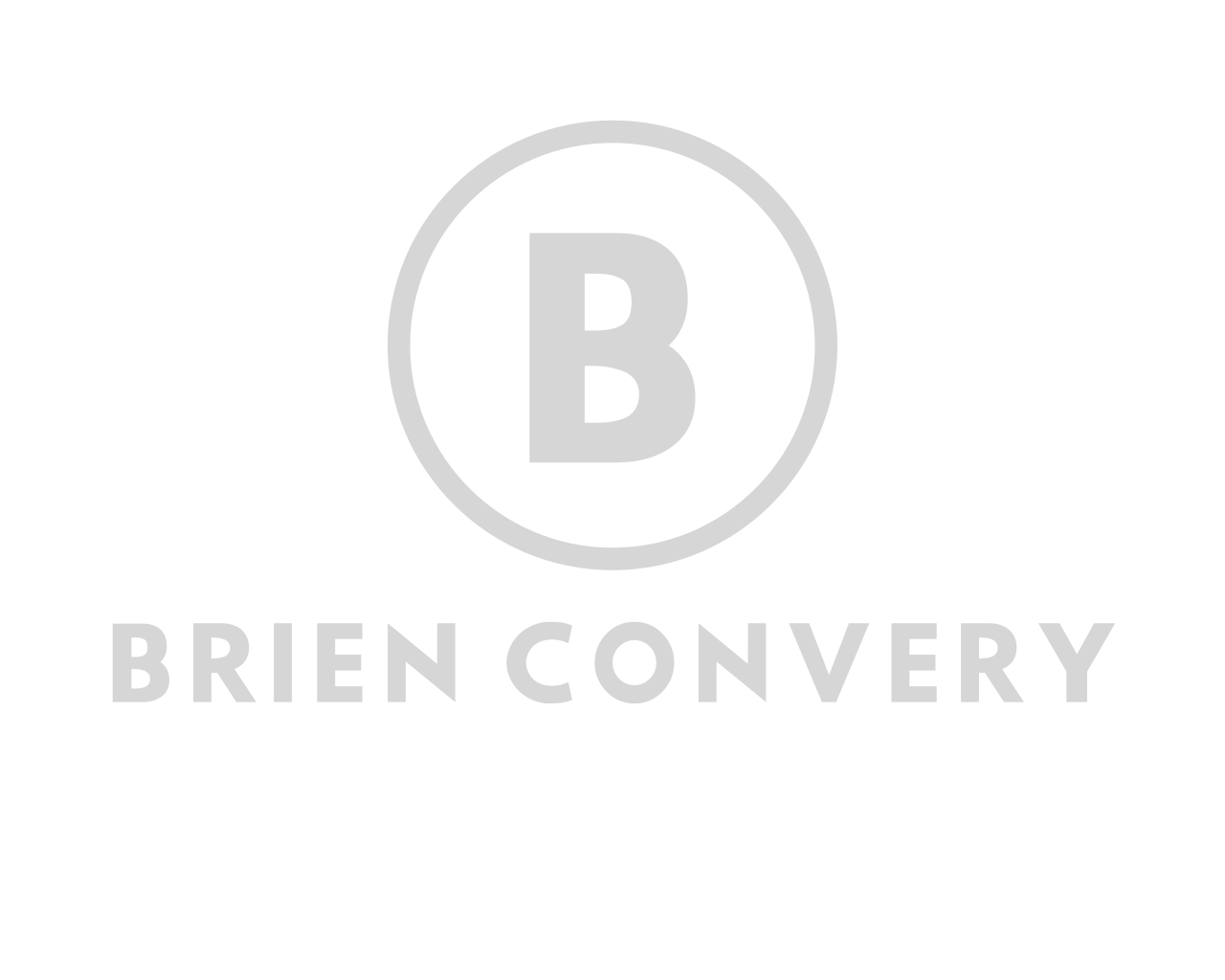📌 "Sticks and stones may break my bones, but words will never hurt me" 🌳🪓
📌 "Sticks and stones may break my bones, but words will never hurt me" 🌳🪓🪵 is a traditional nursery rhyme that has been used as a proverbial response to verbal bullying.
However, the notion that words cannot hurt is not entirely accurate. 🤔
Over time, society has come to recognize the profound impact of verbal abuse, cyberbullying, and other forms of emotional harm. Words have the power to shape opinions, influence emotions, and deeply affect an individual's mental and emotional well-being. 💬💔
Being mindful of your words is crucial for fostering positive communication, building healthy relationships, and avoiding unintended harm.
Here are five ways to practice mindfulness in your language:
Think Before You Speak:
Before expressing yourself, take a moment to reflect on your thoughts. Consider the potential impact of your words on the other person. Ask yourself if what you're about to say is necessary, constructive, and respectful. This pause allows you to respond thoughtfully rather than react impulsively. 🤔🗣️
Choose Positive and Constructive Language:
Strive to use positive and constructive language. Focus on what you appreciate or admire in others, and express your thoughts in a way that encourages understanding and cooperation. Avoid using negative or harmful words that may escalate a situation. 🌟🤝
Practice Active Listening:
Mindful communication involves not only speaking with care but also listening attentively. Give your full attention to the speaker, avoid interrupting, and try to understand their perspective. Responding based on a clear understanding can help prevent misunderstandings and promote effective communication. 👂🤝
Be Aware of Non-Verbal Cues:
Communication is not just about words; non-verbal cues such as tone of voice, facial expressions, and body language also play a significant role. Be mindful of your non-verbal communication to ensure that it aligns with your intended message. Non-verbal cues can greatly impact how your words are received. 🗣️👀
Consider the Context:
Be aware of the context in which you are communicating. Different situations may require different communication styles. Consider the feelings and needs of the other person, as well as the overall environment. Adapting your communication style to fit the context demonstrates mindfulness and sensitivity. 🌐🤗
Practicing mindfulness in your words involves cultivating self-awareness and a genuine consideration for others. By incorporating these habits into your communication, you can contribute to a more positive and supportive social environment. 🌈💬
#wordsmatter
#inclusiveworkplace
#bemindful
#bekind

